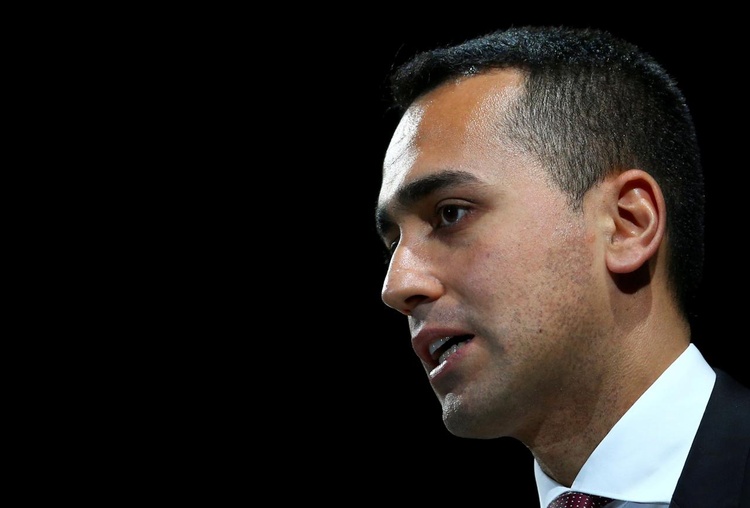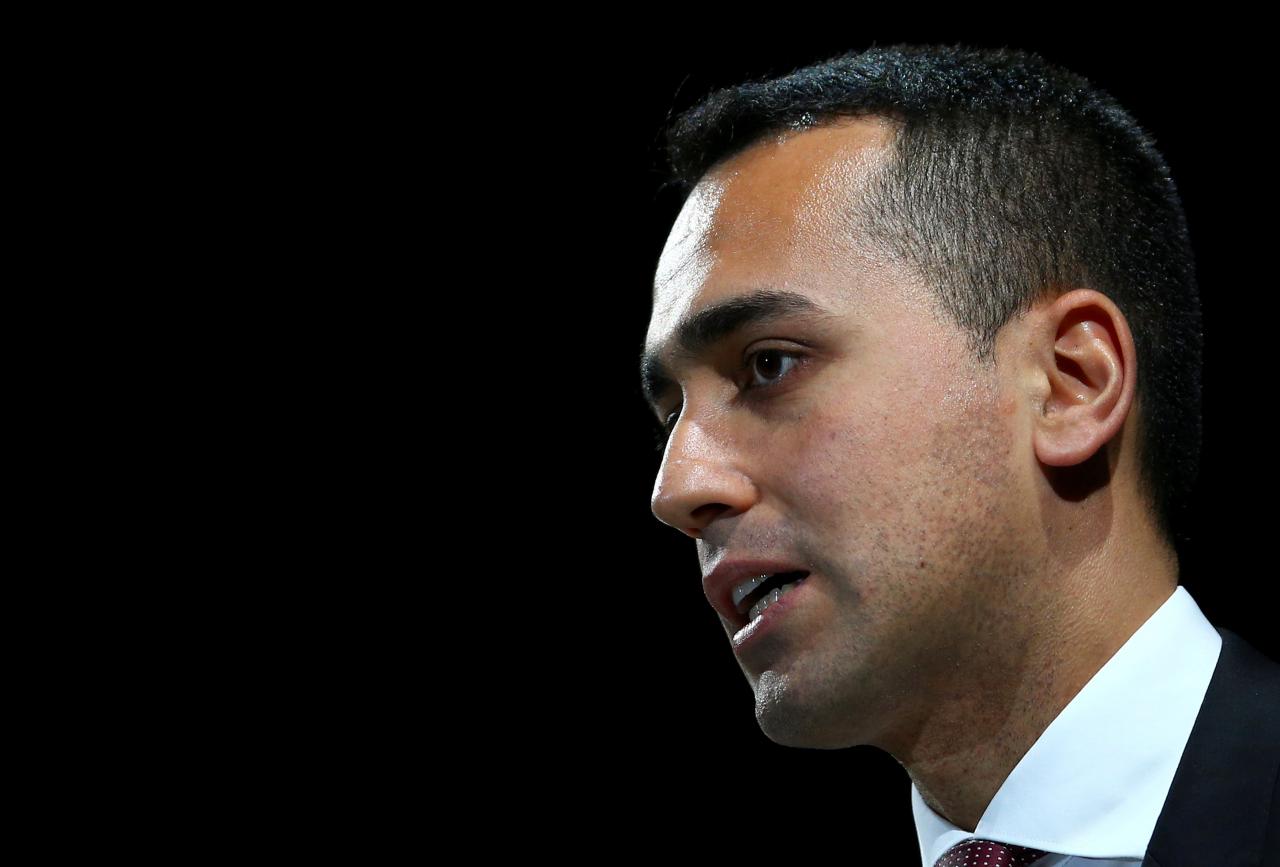Job security was an election battle cry of Labour Minister Luigi Di Maio, leader of the anti-establishment Five Star Movement (M5S) which has governed with the right-wing League since June 1.
The package of measures, which Di Maio dubbed the “dignity decree”, also includes a ban on advertising of all forms of gambling, which the M5S says hurts families’ finances and targets the weakest members of society.
The upper house approved the decree, which was drawn up in early July, by 155 votes to 125.
It had already been passed by the Chamber of Deputies and so now becomes law.
The legislation aims to fulfill Di Maio’s campaign promise to stop abuse of temporary contracts after former Prime Minister Matteo Renzi passed a law to liberalise their use.
To discourage such contracts, the package increases costs for firms that use them, and reduces the number of times they can be renewed to a maximum of two years from three.
Most of Italy’s employers’ associations, whose members make heavy use of temporary contracts, have criticised the changes, which opinion polls show have strong voter support.
“This is the first decree for decades that hasn’t been dictated by lobbies and vested interests,” Di Maio said after the Senate vote.
“Finally ordinary people have scored a point.”
Italy has repeatedly reformed its hiring and firing rules in recent years as part of efforts to spur growth in the euro zone’s third-largest economy.
But the changes have failed to overcome a “dual” labour market in which older workers hired under previous, rigid rules enjoy strong job protection, while younger people usually find only temporary work with few rights or benefits.
Some 394,000 temporary jobs were created in the 12 months to June, the most recent figures show, while the number of permanent contracts declined by 83,000.
The decree also increases the compensation companies must pay workers ruled by a court to have been wrongfully dismissed.
Attempting to keep work in Italy, the legislation rules that firms that have received state financial support or tax breaks and then move their production abroad must pay back the money they received, and can also be fined.
Those that relocate outside Italy within five years of receiving government funds must pay back between double and four times the amount received.
A poll by the IPSOS agency showed support of 55 per cent to 75 per cent for the measures in the decree, with the strongest backing for the penalties on firms moving production abroad, higher compensation for wrongful dismissal and the ban on gambling ads.
During its passage through parliament, the government also introduced financial incentives for companies to hire young people on open-ended contracts.
Firms that employ workers under the age of 35 in 2019 and 2020 will be granted a reduction in the labor taxes they must pay for each worker for the first three years of their employment, up to a maximum of 3,000 euros per year.
In response to criticism it was increasing labor market rigidity, the government offered small firms in the agriculture and hotel sectors the option to pay temporary workers by a voucher system, rather than using a formal contract.












